May 23, 2025 | 18:27 GMT +7
May 23, 2025 | 18:27 GMT +7
Hotline: 0913.378.918
May 23, 2025 | 18:27 GMT +7
Hotline: 0913.378.918
Phu Yen province has great potential and advantages for developing aquaculture due to it having over 21,000 ha of water surface including ponds, bays, estuaries, and river mouths. Over the past 30 years, the aquaculture industry in this province has developed significantly with over 110,000 aquaculture cages, mainly for lobster and marine fish.
Song Cau town is the "capital" of lobsters in Phu Yen province. In 2023, the town had about 62,550 lobster cages, producing 2,070 tons. Of these, 90% are blue lobsters and 10% are rock lobsters, generating an annual revenue of over VND 2,000 billion.
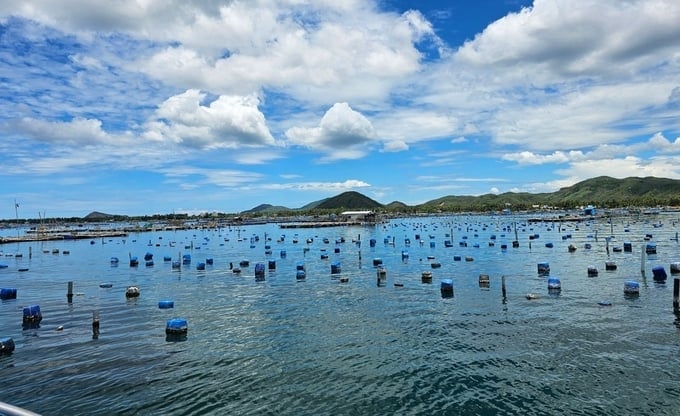
Lobster cage farming area in Song Cau town. Photo: KS.
In recent years, this industry has not only brought economic benefits but also made significant contributions to society, providing stable employment for the local population.
According to the People's Committee of Song Cau town, lobster farming has contributed to employment for over 4,000 households, with about 10,000 workers directly involved. The lobster production in the town is mainly exported to the Chinese market.
Mr Nguyen Thai Hai Anh, Deputy Director of the Office of Economics of Song Cau town, stated that 80-90% of the lobster production in the area is exported to the Chinese market through unofficial channels, which lacks stability.
Therefore, to develop lobster farming in a sustainable direction, the town is addressing challenges related to land allocation for water surfaces, licensing, and zoning codes for aquaculture areas. Additionally, they are building supply chains, issuing codes for businesses, seeking partners, and expanding markets to stabilize the output for lobster products.
According to Mr Hai Anh, Phu Yen province has granted a code to Tien Kieu Co., Ltd. to export lobsters through official channels to the Chinese market.
Ms. Nguyen Thi Tuy Kieu, Director of Tien Kieu Co., Ltd., stated that to export lobsters through official channels to the Chinese market, the company has studied the regulations of both Vietnam and China. After more than 2 years of effort, the company has been included in the list by China and granted a code to export lobsters to this market.
In order to support farmers and businesses in accessing the process of exporting lobsters through official channels, recently, the Quality Assurance Center for Agriculture, Forestry, and Fisheries of Region 3, in coordination with the People's Committee of Sông Cầu town, organized training to provide information on Chinese requirements for exporting lobsters to this market.
Mr Le Hoang Lam, Director of the Quality Assurance Center for Agriculture, Forestry, and Fisheries of Region 3, stated that so far, the Chinese market has recognized 850 seafood processing establishments in Vietnam for producing and exporting seafood to this market. Among them are 57 establishments exporting live seafood (there is 1 facility in Phu Yen).
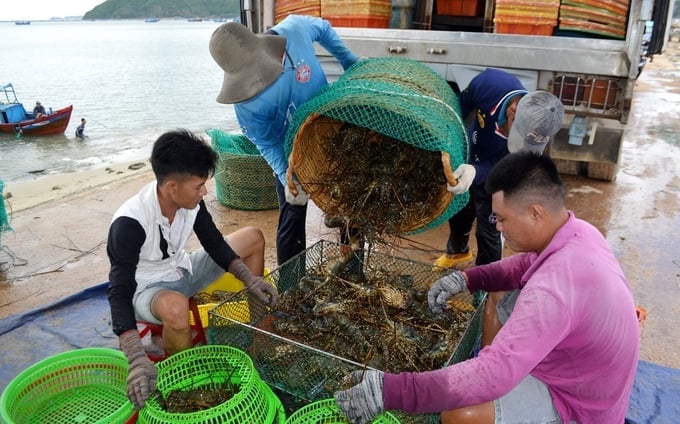
Buying lobster in Song Cau town, Phu Yen province. Photo: KS.
In addition, the Quality Assurance Center for Agriculture, Forestry, and Fisheries of Region 3 is also disseminating Vietnam's and other countries regulations on exporting agricultural, forestry, and aquatic products to the business community and residents.
The Chinese market is one of the potential markets for live seafood products, especially lobsters. Therefore, exporting companies and farmers must know and understand the processes and regulations to ensure compliance, contributing to the sustainable development of the seafood industry.
The price of lobster has dropped to below VND 1 million/kg (type 1), while in July 2023, it was priced at VND 1.7-1.8 million/kg. The reason is that China has banned fishing, use, trade, and business for spiny lobsters and species on the list of critically endangered wild animals that need protection.
Therefore, to export lobsters to the Chinese market, companies must prove that lobsters are not directly caught from the sea and demonstrate clear farming processes without using naturally harvested seed sources.
Regarding this issue, according to the Quality Assurance Center for Agriculture, Forestry, and Fisheries of Region 3, the Ministry of Agriculture and Rural Development is continuing negotiations, and China has promised to create a special mechanism for Vietnamese lobsters to be exported to this market.
Mr Lam Duy Dung, Vice Chairman of the People's Committee of Song Cau town, said that lobster farming still faces many challenges, such as managing farming areas and limited lobster exports through official channels.
Locally, they always accompany and support enterprises, cooperatives, and farmers in identifying the necessary standards and conditions to facilitate lobster exports to the Chinese market. This is also the town's goal to develop lobsters sustainably and effectively.
Mr Tran Van Thom, Vice Director of the Comprehensive Service Cooperative for Lobster in Song Cau, said that China is a potential market for Vietnamese lobsters. However, this market is becoming increasingly stringent and demanding in terms of quality and origin. Therefore, to meet these requirements, the cooperative is investing in infrastructure, and workshops to meet standards, as well as completing documents and regulations required by China to soon be granted a code for exporting live lobsters to this market.
Translated by Hoang Duy
/2025/05/22/5250-1-184853_288.jpg)
(VAN) According to a representative from the Central Retail Vietnam, Vietnamese products such as seafood, sweet potatoes, dragon fruit, coffee, and spices hold great potential in the Thai market.
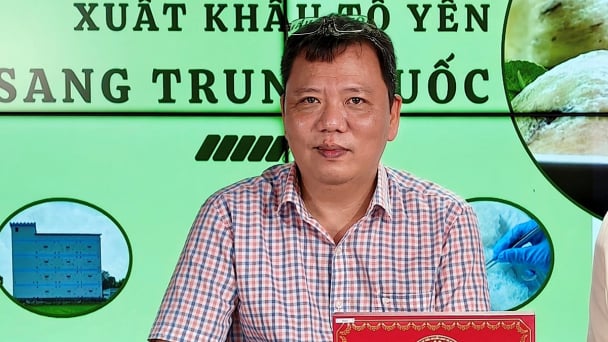
(VAN) A multi-channel, multi-directional strategy only works when the agricultural value chain meets global transparency and SPS standards.
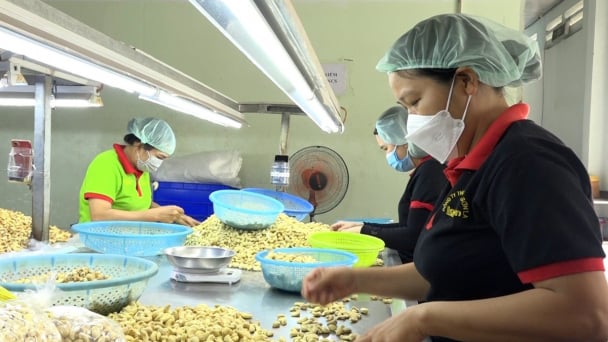
(VAN) Market expansion is a matter of survival for Vietnamese businesses amid fierce competition and global supply chain fluctuations.
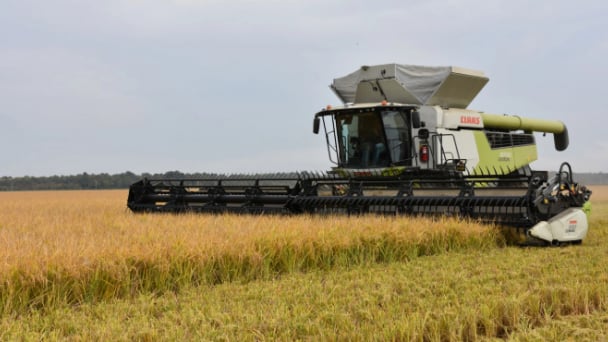
(VAN) Global market prospects for U.S. long-grain rice for the upcoming marketing year.
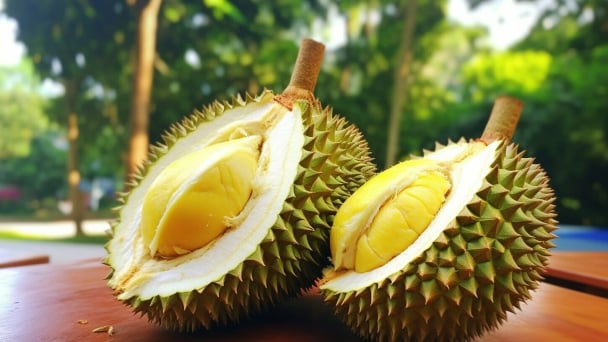
(VAN) China’s General Administration of Customs started permitting fresh durian shipments from Cambodia after a phytosanitary protocol was signed with the Cambodian Ministry of Agriculture in late April.
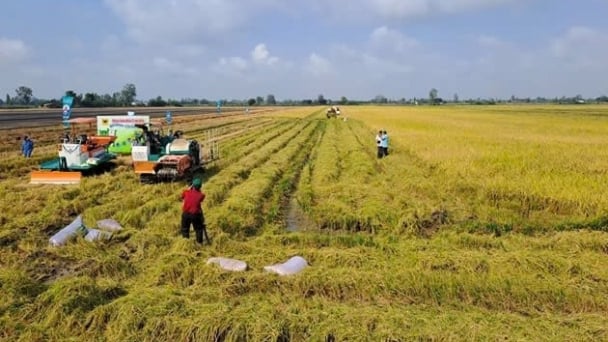
(VAN) To operate carbon market, one of the key issues is determining which types of 'commodities' meet the standards to be traded on the market.
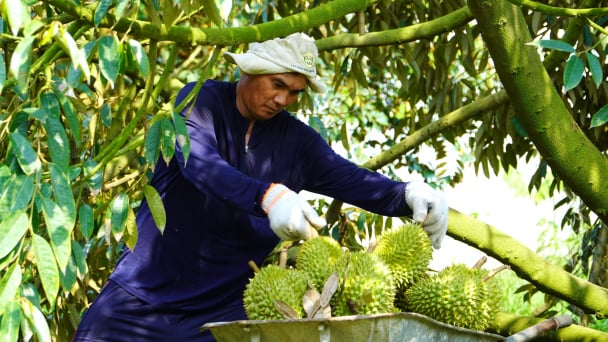
(VAN) Durian-producing localities need to coordinate more effectively with central authorities to improve the traceability, monitoring, and response systems in case of violations.